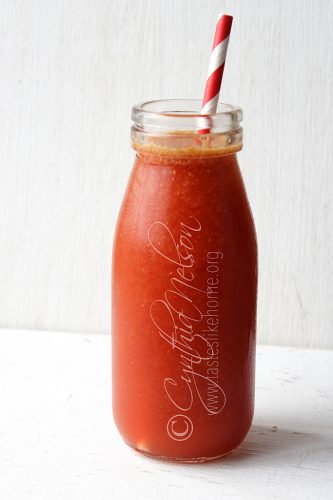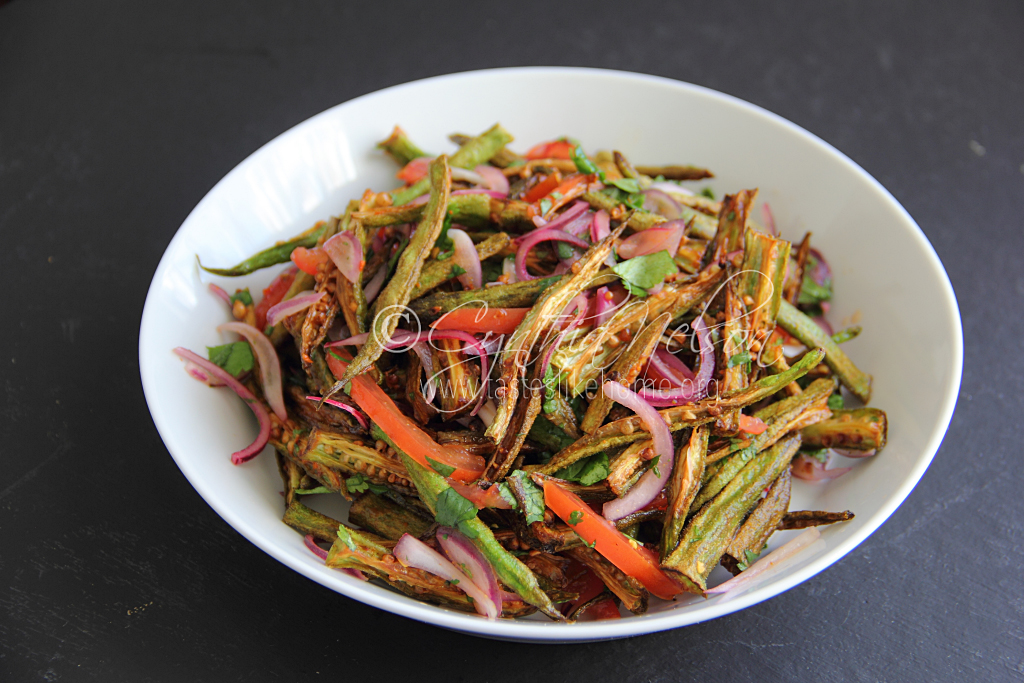 I am now 16 years older than when I first started writing this column – Tastes Like Home. There is much I have written, we have shared and talked about. Much has changed on the food scene, not only in our corner of the world but around the globe. And we’ve been caught up in a foodie moment for almost 2 decades now where we talk, engage and experience food in particular ways. All these years later, there is still the need to repeat some things we’ve discussed because we are still very much in a foodie moment. It is a moment that can and is shaping us and society, in a variety of ways – personal health, national and regional food bills, and the health sector.
I am now 16 years older than when I first started writing this column – Tastes Like Home. There is much I have written, we have shared and talked about. Much has changed on the food scene, not only in our corner of the world but around the globe. And we’ve been caught up in a foodie moment for almost 2 decades now where we talk, engage and experience food in particular ways. All these years later, there is still the need to repeat some things we’ve discussed because we are still very much in a foodie moment. It is a moment that can and is shaping us and society, in a variety of ways – personal health, national and regional food bills, and the health sector.

Before this time, food in the Caribbean would have been spoken about as a matter of survival, particularly given our history. Out of our struggles to put food on the table have come characteristics for which we are well known: being resourceful, innovative and creative. We have crafted a cuisine that is hip, cool, fused and trendy long before those buzzwords were associated with food. The question is: What does this foodie moment offer us? What are some of the possibilities that we can explore in this foodie moment? How can we ensure that we use these possibilities to make real change and not just become something that we talk about? You know we can talk a good talk in the Caribbean!
I don’t think that it is necessarily my place to tell you all of the possibilities. What I want to do is re-point you in the direction of things you already know.
Re-pointing
• People are flocking to health food stores to stock up on supplements and every other thing that they see or read about that is the next best thing or the cure-all for anything and everything. You know the best health food store? The local market, where you can buy your food fresh and in a wide variety. Ask any nutritionist and they will tell you that the first source of your nutrients should come from your food, not from a pill or some nondescript powder re-packaged with the store’s name.
• If you have been diagnosed with celiac disease (digestive disorder), you’ll find welcome relief in ground provisions – plantains, cassava, sweet potatoes, and breadfruit. And you don’t have to convert them to flour to consume them. Actually, you get more nutritional value in eating food in their fresh state – boiling, stewing, in soups etc.
• As parents you can’t complain if your children are not eating X, Y or Z when you are not cooking and exposing them to it. Our appreciation and understanding of food comes from our childhood experiences. Our taste for many things is marked by our childhood; how we encountered and experienced it.
• We need to get back to the dining table with our family and friends. For all the attention that is being paid to food, you’d think we’d be cooking more at home – we’re not. We are spending hours watching, reading and drooling, thanks in large part to social media and the internet, but we’re not turning any of that information into real action. We’re not converting our knowledge in a meaningful way that will ultimately benefit us.
• There’s a chain effect you know, if we buy our local food, we support our farmers and help cut down on imports. When we cook our own food, we know what we are putting into it; this results in us eating healthy and cutting down on a national health bill. Think of food as an investment in our health and the environment.
• Our cuisine is so varied that we can never get bored, lazy yes, but never bored. We can draw from the many influences on our cuisine by applying various techniques to just one ingredient. For example, okra: Fried okra, steamed okra, okra slush, stuffed okra, curried okra etc., You can tell I love okra right?
• We still live in a part of the world where our food is not necessarily genetically modified, that is cause for celebration. Let’s eat our food and not food that has been turned into a food product that is far removed from what the original ingredient is or was.
• Don’t always believe the hype you hear, be informed and make informed decisions. Remember when pears (avocados) and coconut were bad for you? You see the premium price for coconut oil today? See how avocados are being made into everything from ice cream to being in cocktails?
• A lot of countries in the region where tourism is their big money-earner usually cop out when justifying their high food importation costs by saying that they are catering to the palates of their guests. There is truth in that. However, the other part of that ‘truth’ is that tourists do not necessarily visit because they want to exclusively eat the food to which they are accustomed and familiar. Tourism as we know is much more than the sea, sand, sun and tourist attractions, a large part of it is about the food, particularly in this foodie moment in which we find ourselves.
• People travel to experience a place through its food. This is a foodie moment that we need to capitalise on. Our local chefs need to be given freer reign in the kitchen to create, using local ingredients. And they need to be ambitious enough to adapt foreign favourite dishes using local ingredients.
• When people travel and enjoy something, they want to go home and re-create it (I know, I get emails). All kinds of ingredients are now readily available all over the world. Think of opportunities that our various countries can capitalise on by putting the infrastructure and systems in place for export – regionally and internationally. You know how many Guyanese and Belizean (among other regional products) I wish I could have access to? Nuff!
• Remember earlier in the column when I said, “You know we can talk a good talk in the Caribbean”? See the politicians and policy makers! They talk. A lot. But hardly do they speak to the people involved – in the business, the rearing, the farming, the fishing, the growing etc. They promise much but deliver little to nothing, the onus is on us as individuals to do the best we can with the resources we have, regardless of how little there is.
Cynthia





